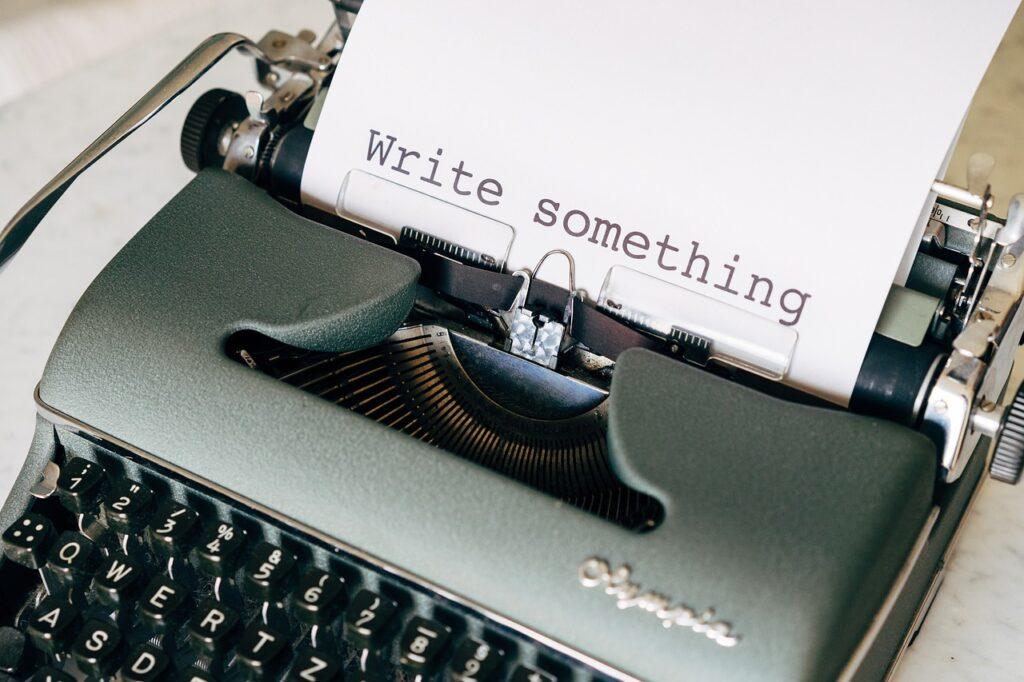
Writing a book is a labor of passion and creativity. Professional book writers not only possess exceptional writing skills but also have a responsibility to uphold ethical standards in their work. Ethical guidelines provide a moral compass for writers, ensuring they maintain integrity, respect, and professionalism throughout the writing process. Let’s discuss the key ethical principles that professional book writers should follow to uphold high standards and create meaningful literary works.
Honesty and Authenticity
Professional book writers should strive for honesty and authenticity in their writing. This includes accurately representing facts, providing proper citations for borrowed information, and avoiding plagiarism. Honesty also extends to presenting one’s work truthfully, without misleading or deceptive claims about the content or its significance.
Respect for Intellectual Property
Respecting intellectual property rights is crucial for professional book writers. They should obtain necessary permissions for copyrighted materials used in their books, provide proper attributions, and avoid infringing on the creative works of others. This demonstrates respect for fellow authors and reinforces the importance of acknowledging and valuing intellectual contributions.
Confidentiality and Privacy
Writers often come across sensitive or personal information during their research or interactions. Professional book writers need to handle this information with the utmost confidentiality and respect privacy rights. They should obtain necessary consent when sharing personal stories or details and ensure that anonymity is maintained when required.
Cultural Sensitivity and Diversity
Professional book writers should approach their work with cultural sensitivity and embrace diversity. They should strive to represent diverse perspectives, cultures, and experiences accurately and respectfully. Cultural appropriation and stereotyping should be avoided, and efforts should be made to promote inclusivity and equal representation.
Editorial Integrity and Peer Review
Maintaining editorial integrity is crucial for expert book writers. They should engage in a rigorous process of editing and fact-checking to ensure the accuracy and reliability of their work. Seeking feedback from peers and subject matter experts through the process of peer review helps maintain high-quality standards and enhances the credibility of the book.
Transparency in Disclosure
Skilled book writers should be transparent in disclosing any potential conflicts of interest or biases that may influence their work. This includes financial relationships, affiliations, or personal beliefs that could impact the objectivity or integrity of the book. Disclosing such information allows readers to make informed judgments about the content.
Professional Conduct and Collaboration
Professional book writers should conduct themselves with professionalism and integrity in their interactions with publishers, editors, agents, and other industry professionals. This involves timely communication, fulfilling contractual obligations, respecting deadlines, and maintaining a respectful and collaborative approach to working relationships.
Following ethical guidelines is not just a matter of professional responsibility for book writers; it is a commitment to upholding integrity, fostering trust, and producing exceptional literary works. Embracing ethical practices enhances the reputation of writers and elevates the quality of their work, fostering a community built on respect, and excellence.
Unveiling the Techniques Used by Professional Book Writers
Behind every captivating book lies a skillful writer who employs a range of techniques to engage readers, create memorable characters, and weave compelling narratives. Professional book writers possess a deep understanding of the craft, polished through years of practice and experience. We will delve into the techniques used by these experts, offering aspiring writers valuable insights into the art of storytelling.
Outline and Structure
Professional book writers often begin their projects by creating a detailed outline and establishing a solid structure for their stories. This process involves outlining key plot points, character arcs, and the overall progression of the narrative. By crafting a well-defined structure, writers can maintain a clear focus and effectively guide readers through the story.
Deep Character Development
Creating complex and relatable characters is a hallmark of professional book writing. Writers invest time in developing their characters by exploring their backgrounds, motivations, and inner conflicts. By giving characters depth and dimension, writers can forge emotional connections between readers and the story.
Show, Don’t Tell
Professional book writers understand the power of showing rather than telling. Instead of directly stating emotions or descriptions, they employ vivid imagery, sensory details, and evocative language to engage readers’ senses and immerse them in the story. This technique allows readers to experience the narrative firsthand, enhancing their emotional involvement.
Dialogue that Rings True
Authentic and compelling dialogues are crucial for creating realistic characters and driving the plot forward. Professional book writer carefully craft natural dialogues which engage the readers and reveal insights into the characters’ personalities and relationships. Well-written dialogues add depth and authenticity to the storytelling experience.
Pacing and Tension
Maintaining a well-balanced pace and building tension are essential techniques used by professional book writers. They strategically control the flow of events, alternating between moments of calm and high-stakes action to keep readers engaged. Skillful manipulation of pacing and tension heightens anticipation and drives the narrative forward.
Effective Use of Literary Devices
Professional book writers leverage a wide range of literary devices to enhance their storytelling. Metaphors, similes, symbolism, foreshadowing, and irony are just a few examples. These devices enrich the narrative, add layers of meaning, and create a more immersive reading experience.
Revision and Editing
Professional book writers understand that the first draft is just the beginning. They invest time and effort in the revision and editing process, refining their work to ensure clarity, coherence, and literary excellence. This iterative process involves revisiting the manuscript and polishing sentences and eliminating redundancies, and refining the overall structure.
Research and Authenticity
Many genres require extensive research to lend authenticity and credibility to the story. Professional book writers immerse themselves in the subject matter, conducting thorough research to accurately portray settings, historical periods, or technical details. This dedication to research allows writers to create a rich and believable world for readers to explore.
Professional book writers employ a diverse set of techniques to craft compelling stories that resonate with readers. From careful outlining and character development to skillful use of dialogue and literary devices, these writers demonstrate their mastery of the craft. By understanding and embracing these techniques, aspiring writers can enhance their storytelling abilities and embark on a journey toward becoming professional book writers themselves.






great